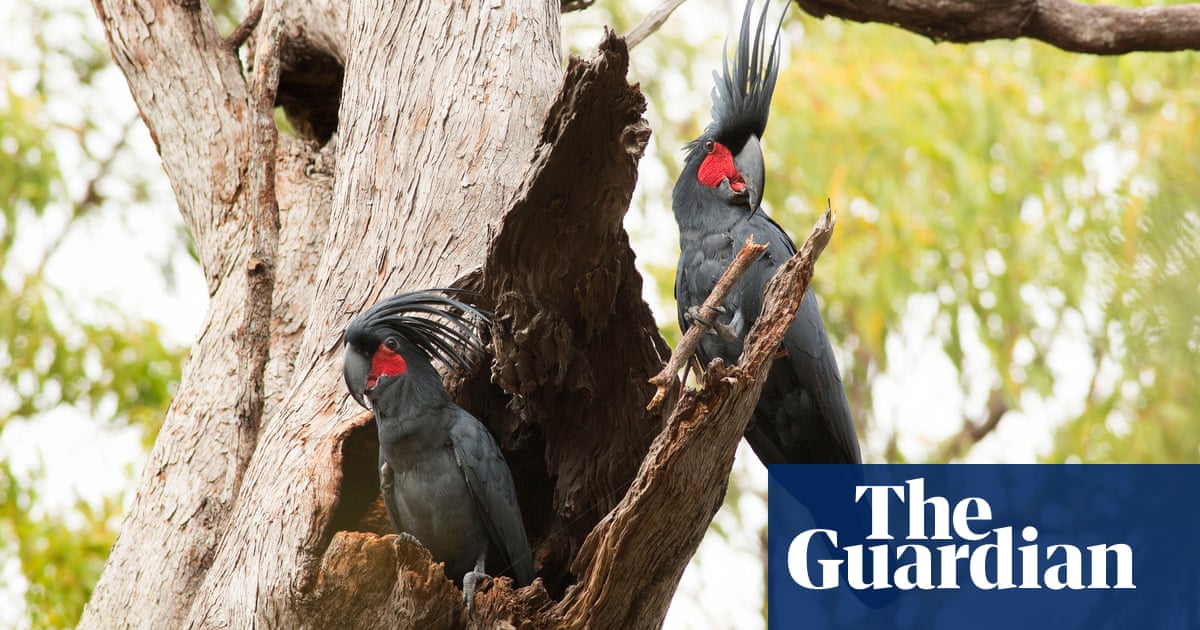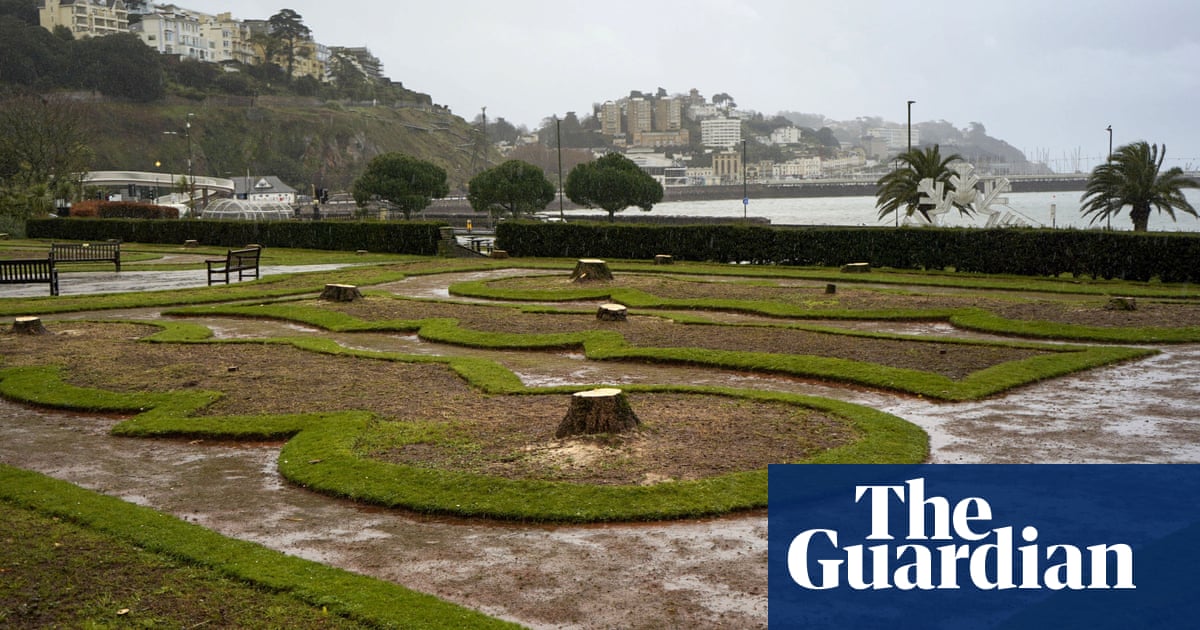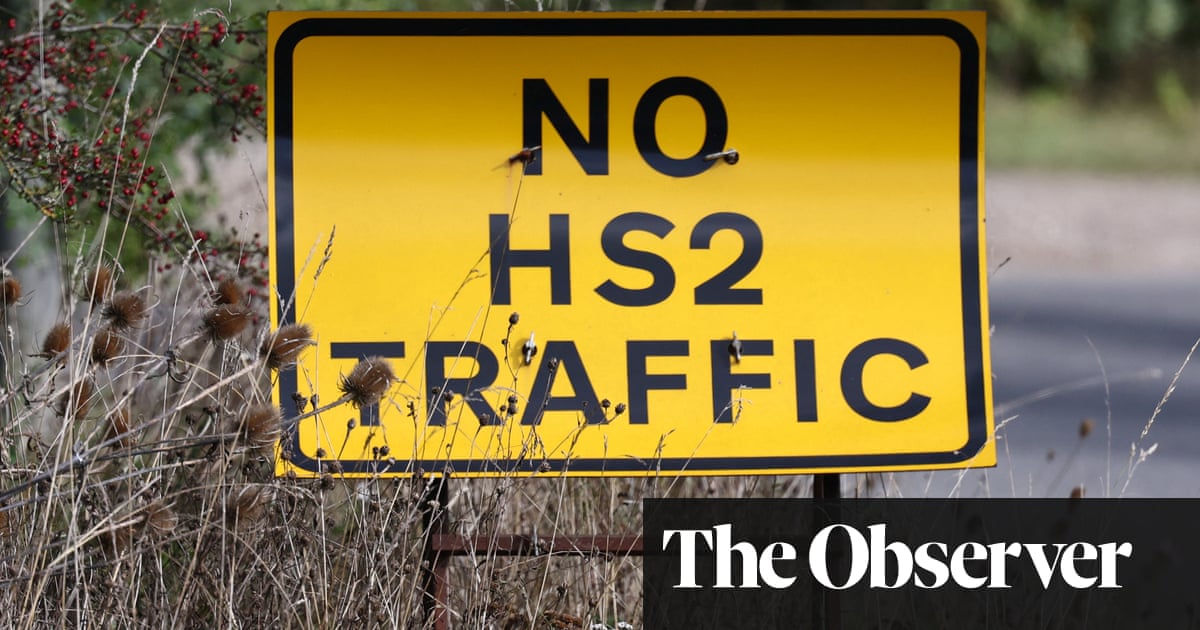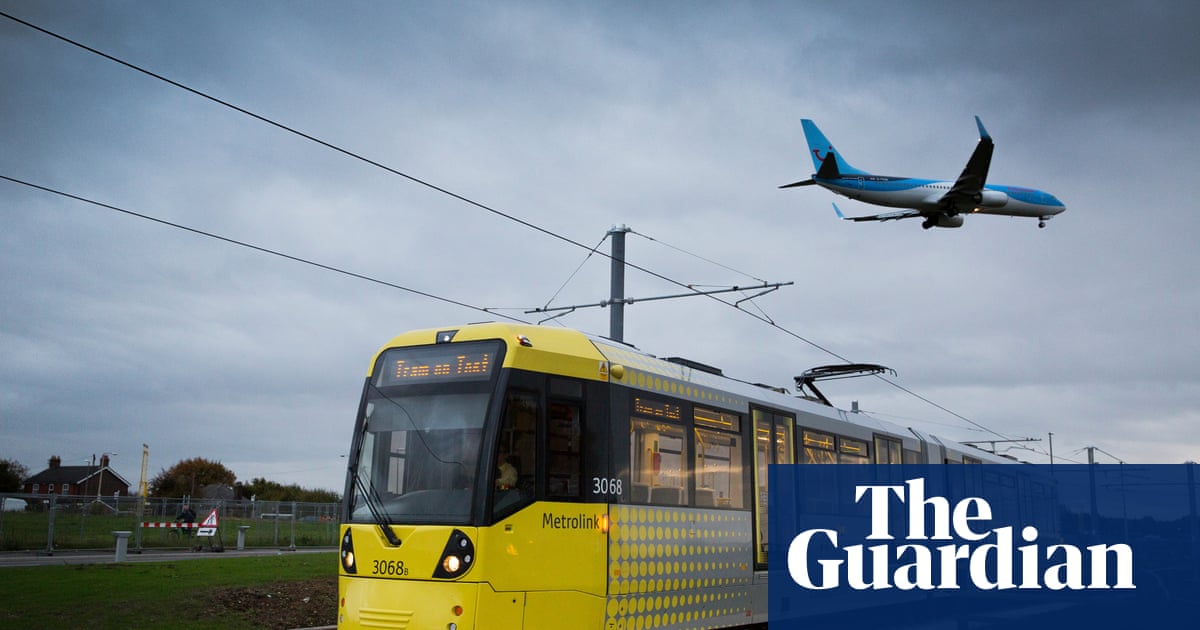
Lawyers have warned HS2 it might be felling trees illegally, after an ecology report found evidence of one of the UK’s rarest bat species in an area of ancient woodland being cleared for the high-speed rail line.
Legal firm Leigh Day has written to HS2 Ltd urging the company to halt activity at Jones’ Hill wood, near Wendover in Buckinghamshire, as it does not have a licence to carry out work that could disturb rare barbastelle bat roosts. They say to continue doing so could be a criminal offence.
Three independent ecologists used bat detector equipment to track the barbastelles, a protected species listed as “near threatened” on the global IUCN red list, and compiled a report of their findings.
Paul Powlesland, a barrister at Garden Court Chambers and founder of Lawyers for Nature, which is involved in the case, said: “This is the best evidence that Lawyers for Nature have seen of protective wildlife being interfered with by HS2 without a licence. [We] don’t really like to cry wolf about these things.”
“We’ve asked them to stop work and get an independent ecologist, who’s separate from HS2, to do a proper survey of the woods. If they don’t, then they would appear to be happy going ahead in circumstances in which they may be committing a wildlife crime.”
One of the report’s authors is the ecologist Kevin Hand, the vice-president of the Cambridge Natural History Society, who said: “It is such a rare bat that we really need to protect every colony, and the law is very clear about that: every colony is protected.
“The last thing any of us wants are bats destroyed, whether you’re for HS2 or against HS2 is irrelevant really.”
HS2 Ltd said it had not identified any bat roosts on its land in Jones’ Hill Wood and that its own surveys over the past six months had been limited by illegal trespassers – those protesting to protect the woods.
It said it was carrying out further surveys now the trespassers had been evicted, and said one of the trees identified in the report as a barbastelle roost had previously been climbed by protesters, which may have disturbed the animals.
The barbastelle is found in southern and central England and Wales, and very few breeding sites are known in the UK. It is thought that extensive loss of woodland is a significant reason for its rarity.
Tom Short, a solicitor with Leigh Day, said: “It is our understanding that although HS2 Ltd holds a ‘class licence’ from Natural England in respect of bats Natural England has confirmed that Jones’ Hill Wood has not been registered under the class licence and thus that licence does not authorise works at this site.
“In any event, the class licence does not cover any operations affecting barbastelle bats, whether at this site or any other.”
An HS2 Ltd spokesperson said: “HS2 takes its legal obligations seriously, and all our ecology work is carried out in accordance with the law. It is designed to minimise disturbance to wildlife, including bats, in accordance with the HS2 phase one code of construction practice and all relevant wildlife legislation.
“If bat roosts are identified, licences from Natural England will be sought to ensure that we have the right safeguarding in place. Professionally qualified environmental staff are on site during operations and all works are overlooked by an ecological clerk of works.”
Natural England’s national operations director, Dave Slater, said: “Any works that impact bats or other protected species can only take place under licence, and it is for HS2 to determine if their proposed works can be carried out without causing harm. If not, then they need to apply for a licence from Natural England.
“If a member of the public is concerned that a wildlife crime is being committed, they should report the incident to their local police force.”












